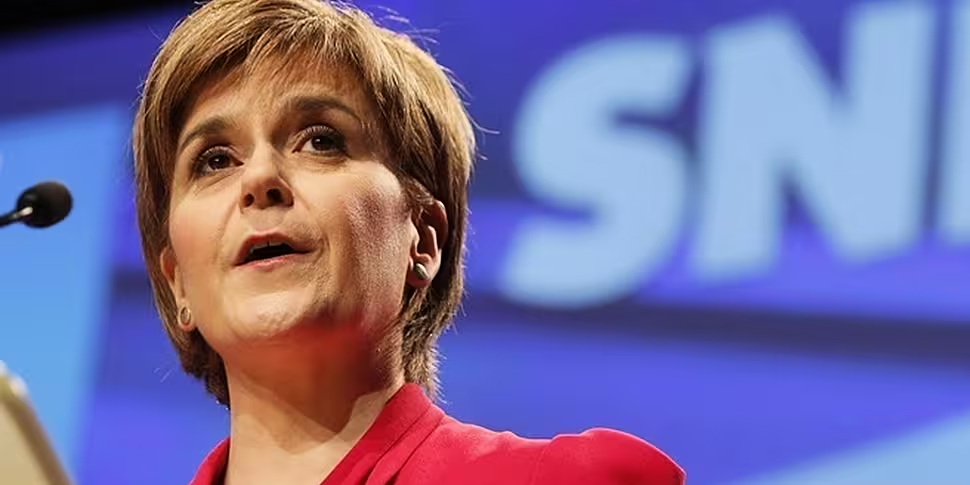The Scottish National Party (SNP) is poised to gain up to 55 seats in the UK's upcoming general election - and could hold the balance of power as parties negotiate to form a government.
It brands itself as an 'Alternative to Austerity' - but rival parties have been highly critical of the SNP's economic proposals
Vincent Wall was joined on Newstalk Breakfast by Michael Keaveney, Great Britain director with the British Irish Chamber of Commerce to discuss the party's economic plans.

When it campaigned for a yes vote in the Scottish Independence Referendum - one of the SNP's key policies was a commitment to reduce corporation tax to below that of the rest of the UK.
Mr Keaveney points out the implications that such a policy would have had for Ireland: "They would have been looking at a corporation tax rate or about 17 percent. It would have been - I would imagine - solely directed at [competing with] Ireland, and attracting jobs that Ireland would be going for."
He adds that this tax policy has been quietly dropped as it proved unpopular with "centre-left voters" who saw it as a pro big-business tax cut.
Reaching out to centre-left voters has helped the SNP to open a massive lead over Labour in Scotland. The most recent opinion polls say that 52 percent of Scots who intend to vote will vote for SNP - while only 24 percent plan to vote for the Scottish Labour Party.
Building off of the momentum gained during the referendum campaign - the SNP is pushing for full fiscal autonomy for Scotland - but other parties argue that the SNP's 'end of austerity' economic policies don't add up.
Last week Ed Miliband visited Scotland for the first time in his election campaign - he claimed that SNP's policy would cause a £7.6bn (€10.5bn) blackhole in Scotland's finances.
He added: "You can't build social justice with a £7.6bn funding gap because the burdens of it would fall on working families across Scotland."
This number was calculated by The Institute for Fiscal Studies, an economic research institute based in London - and it equates to a 12 percent hole in government spending (this compares to Ireland's current deficit of under 3 percent).
The usual way to fund such policies would be borrowing - as Scotland is not a State - it would not have the normal options available to it when sourcing funding.
Whether the numbers add up or not - the SNP are heading for a landslide victory north of the boarder - but the issue of corporation tax is unlikely to be put back on the table.









